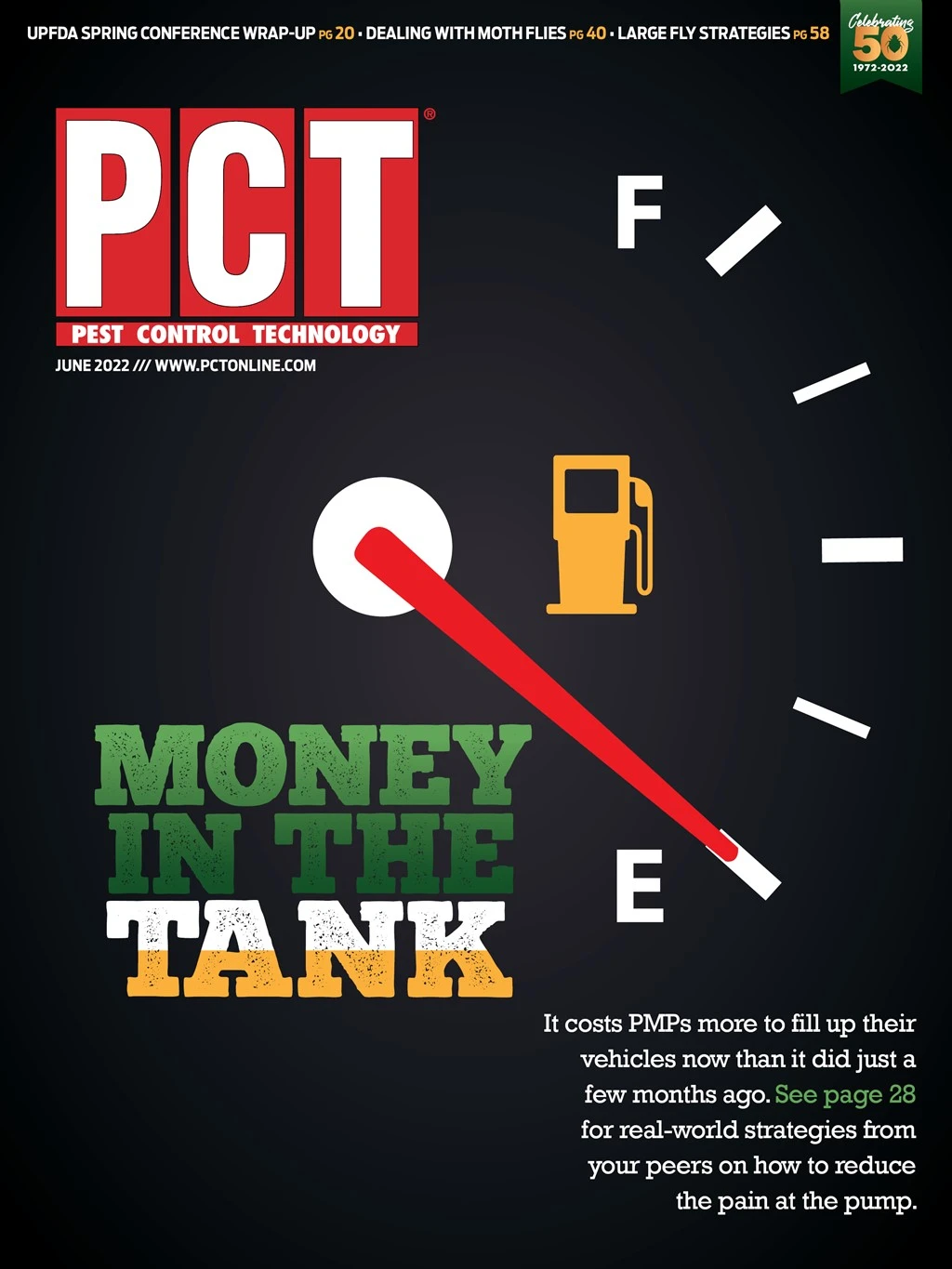
From press releases and social media posts to flyers and website copy, research can be implemented into a variety of communication tools. It serves as a beneficial resource in understanding your audience as well as in adding a quantifiable, persuasive component to your messaging. Using research data and statistics in marketing elements not only helps in boosting one’s credibility, but also in increasing the emotional impact on the audience and in making the message more memorable.
Consumer research is one of the key components of the Professional Pest Management Alliance (PPMA) that informs how we communicate with our audience. We continually adapt and learn from the ever-changing technological landscape of this century, and our research goes beyond simple demographic segmentation (as that simply identifies the consumer markets but does not always explain the motivation for the behavior). As such, PPMA conducts a series of polls and surveys every year to better understand consumer attitudes as well as perceptions and usage of pest control services. Additionally, using artificial intelligence-powered research, we are able to analyze consumer behavior to determine the most problematic pests nationwide, as well as any potential health and home threats.
Recognizing the value of utilizing research in messaging elements and acquiring consumer and industry data are the first stages of elevating your marketing practices. The next step involves strategically integrating this information into marketing materials. Here are five factors to consider when using research and statistics to advance your marketing messages:
- Audience: Knowing who your customers are and what they care about can take your marketing to the next level. Our generational research revealed that when selecting a pest control professional, being bonded/insured is of particular importance to 42 percent of baby boomers, while trustworthiness is the most important for 42 percent of millennials.* Knowing this, it would benefit you to highlight on your marketing materials to boomers that your company is insured.
- Medium: The medium you use to deliver your message also matters, and it ties in with knowing your audience. What works on a social media platform like Facebook may not necessarily work on Pinterest or in a press release or e-blast. There are different ways to bring numbers to life and impact your audience, including telling stories, asking questions and using infographics.
- Shock: A good statistic is often surprising and leaves a lasting impression on your audience. Quantitative data can create a sense of shock as numbers and percentages stand out more to readers, especially in headlines.
- Context: It is important to provide some context for research findings. Simply adding in a statistic on its own, no matter how interesting, may not necessarily have the desired effect. Comparing and contrasting with similar elements or changes over time, locations and more can provide meaningful context to the data and help increase impact.
- Connection: Don’t expect your audience to understand how the statistic is relevant to your message; connect the dots for them. Let them know why this information is significant and how it affects them. Also, while it may seem like common sense, the data you use in your marketing materials should support your message and not combat it.
Research certainly plays a role in marketing practices. Did you know that when prompted, 84 percent of consumers agree that pest control professionals play an important role in protecting public health?* Whether consciously or not, the preceding statement triggered an emotional response in the reader. It is essential to strategically implement the appropriate statistics in your messaging, as it can make the difference between a successful marketing campaign and one that has little effect on consumers.
PPMA’s proprietary market research can provide tactical guidelines to resonate with various audiences and is readily available to Mainframe subscribers to keep industry members updated with the latest pest trends. In 2021, PPMA surveyed a nationwide sample of homeowners, which allowed us to create consumer profiles for each generation (from baby boomers to Gen Z). This research helped define communication preferences, level of interest in service offerings and other specific areas relevant to the industry. Research can become an invaluable asset as it aids companies in decision-making processes and marketing strategies.

Explore the June 2022 Issue
Check out more from this issue and find your next story to read.
Latest from Pest Control Technology
- VAGA's 8th Annual Veterans Thanksgiving Appreciation Dinner
- Clark's Blair Smith on the Response to Increased Dengue Fever Cases in Southern California
- WSDA, USDA Announce Eradication of Northern Giant Hornet from U.S.
- Ned’s Home Acquires Ultra Safe Pest Management
- Bed Bugs & Dirty Clothes
- Boston is Latest City to Adopt Liphatech's IGI CO₂ Technology for Rodent Abatement
- Northwest Exterminating Placed Wreaths for Fallen Veterans
- UT Arlington Study: New Bed Bug Genome Analysis May Help Prevent Outbreaks





